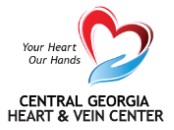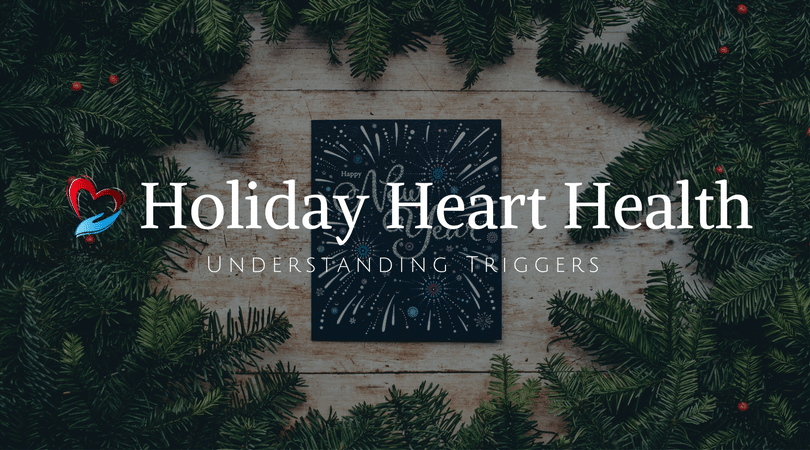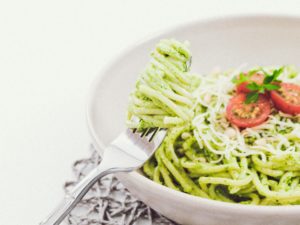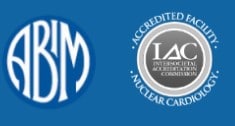For most, the holiday season and New Year is a time to get excited but that begs the question why are there more holiday heart attacks in December? Researchers and cardiologists have found that there are distinct spikes between Christmas and New Years day. While we can be certain about the risks such as smoking, high blood pressure, obesity, high cholesterol and just age, it’s more of a challenge to understand this annual spike in cardiac events.
Does Weather Have An Effect?
Most people associate cooler temperatures with the risk of illness. Now, in Macon, Georgia, we don’t have to worry about sub-zero or even freezing temps. However, if you are traveling to frigid temperatures and you are dealing with coronary artery disease, this can increase the strain on your heart. Too much physical exertion and cooler weather can trigger a cardiac event like a stroke or heart attack. Make sure to consider this holiday heart attack trigger if your December includes travel to a snowy climate.
Holiday Specific Heart Attack Triggers
Cold weather isn’t enough to explain a peak in cardiac episodes like a heart attack. According to a study done by Circulation, “The number of cardiac deaths is higher on Dec. 25 than on any other day of the year, second highest on Dec. 26, and third highest on Jan. 1.” This includes climates that do not drop into the freezing temperatures.
A few possible reasons why heart attacks are triggered more often on holidays and how you can avoid them:
- People tend to avoid seeking medical help on holidays because they do not wish to disrupt family events or plans. If you are experiencing symptoms, no plan is more important than getting the help you need. Do not put off a visit to the doctor.
- Stress levels are reported at an annual peak between November and January. For patients with hypertension, stressful family events and end of the year work obligations may be an indicator of increased cardiac events. Learning to manage stress in effective ways can reduce your risk of a holiday heart attack.
- Diets change around celebrations and often include more fat, salt, sugar, and alcohol. Salt and Alcohol are specifically known to have negative effects on coronary artery disease and heart disease patients. Limiting your consumption of triggering food can prevent a heart attack or cardiac episode.
If you are a patient of Central Georgia Heart Center and you are concerned about a holiday heart attack or your health around the holidays, please use our patient portal to contact your cardiologist or provider for questions.





